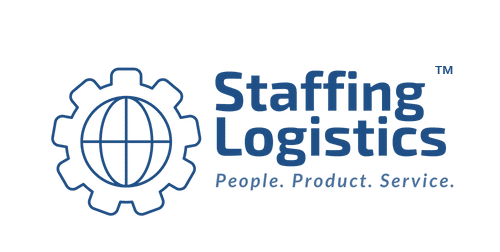
How Robots are Simultaneously Killing and Creating Jobs
What’s the Concern?
Much of the hysteria about robots killing jobs focuses on the introduction of robots into manufacturing, or on computer algorithms that automate routine tasks. However, history has shown that the technologies adopted in the workplace of the future may be quite different than those that were initially dominant. The future of work will depend on the balance between labor replacing and labor reinstating technologies.
Labor Reinstating vs. Labor Replacing Technologies
Though there has been many technologies that have replaced certain roles when it comes to assembly lines, these technological advancements have also opened the door for new positions to arise. Where people were once needed in each station, robots have taken the place of routine tasks.
When it comes to any technological advancement, there will always need to be some sort of maintenance to come along with it. These new technologies have opened up a major job pool of maintenance, manufacturing and assembly line technicians.
While widespread introduction of computers displaced millions of secretaries, the new tasks in associated industries mean new occupations like computer technicians, software developers and IT consultants as well.
The development of technologies that facilitate new tasks, for which humans are better suited, could potentially lead to a much better future for workers.
Policies in Place Supporting Pro-Human Technology
Although the implications of the future of work is uncertain as it is ever-changing, there are a few potential policies in place to support human labor in the midst of technological change.
- Training: Investing in training opportunities which prepare employees to perform new tasks created by automation and complement artificial intelligence
- Insurance: Providing more resources in wage and unemployment insurance for smoother workforce transitions
- Wages: Developing new tasks that allow people to both earn a living wage with technology
More Technological Benefits & the Inevitable Change
Although the long term implications of artificial intelligence, robots and other new technologies are unknown, history and the current state of the workforce indicate potentially great opportunities. Artificial intelligence may be the catalyst in creating new types of jobs humans obtain in the future. Change is inevitable. Embracing the advancements that are in place to support human labor and also be able to adapt to these technologies may be a necessary step to expand workforce skills in the future.
Blog, Jobs, Manufacturing Staffing & Recruiting, News and Trends
